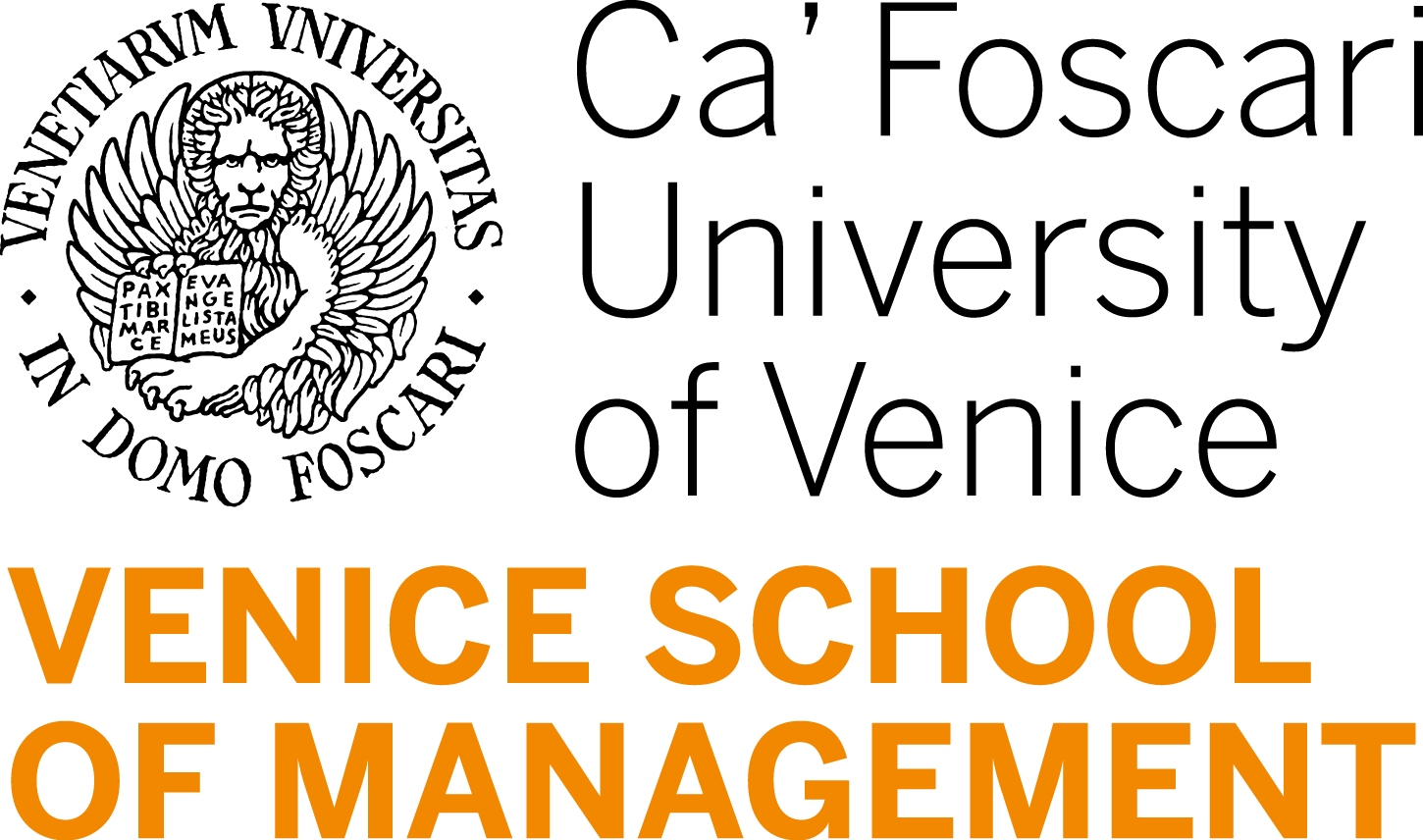Drones can play a significant role in the paradigm shift desired by several international entities. Although many attempts to transport through the technology have encountered regulatory barriers, drones represent disruptive mobility that can foster social and environmental sustainability. For the successful implementation of this new mobility model, the support of several stakeholders is critical. In this regard, the paper applies the theoretical lens of stakeholder theory embedded within the business 4.0 model for the creation of value propositions. Through several semi-structured interviews, the research analyses findings related to a single case study concerning the unique location of Venice, Italy. The city emerges as having international interest because of its singular transportation system. Specifically, Flying Aid, a start-up venture of the Strategy Innovation ecosystem of the Ca’ Foscari University of Venice, uses drones to transport drugs to remote areas to promote therapeutic access for patients with chronic diseases and transportation difficulties. The paper contributes to understanding how a paradigm shift through drone transportation may improve patient engagement and overcome transportation barriers. It also expands stakeholder engagement by empowering healthcare providers and promoting knowledge translation and systems integration. Moreover, the research contributes to the investigation of environmental and social sustainability by advancing knowledge toward cleaner production and decarbonized mobility. Finally, the paper provides insights into the elements of the business model 4.0, facilitating value creation for stakeholders.

